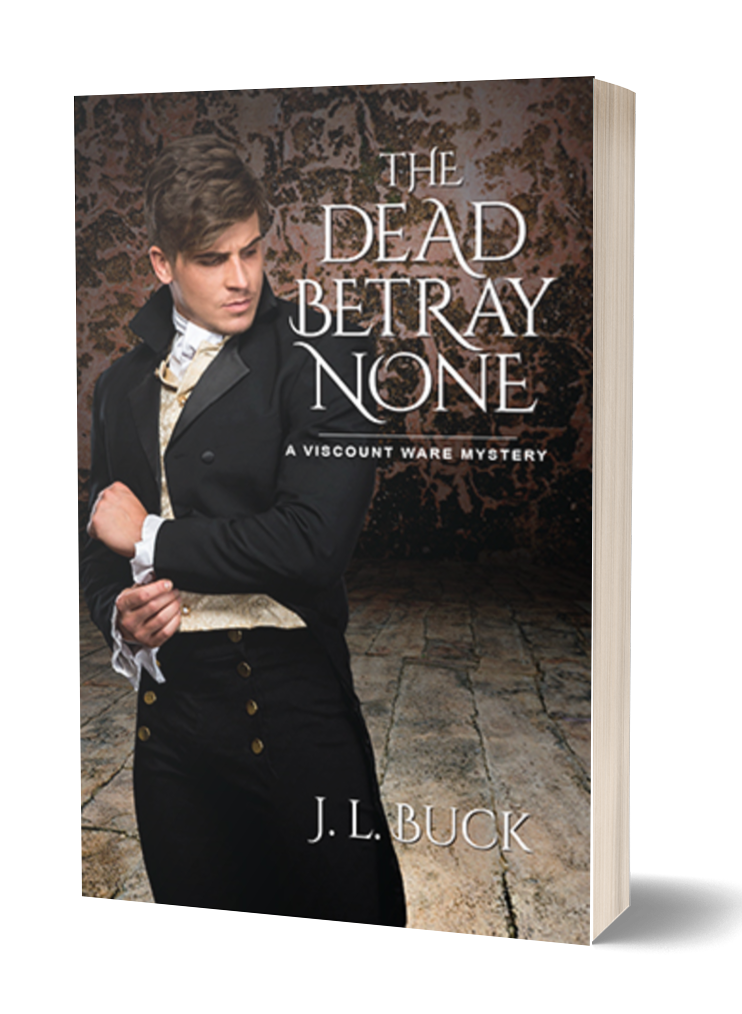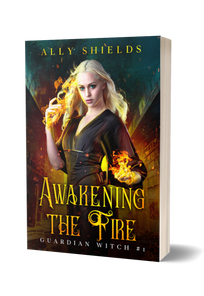
Our guest today is historical mystery author Laury Silvers with her featured books, The Lover and The Jealous.
How do you take your coffee, Laury?
LS: I found these wonderful beans that I’m hooked on now. I never used to be a person who grinds beans. Then I tasted this coffee and that’s it. Now I’m grinding beans. But I’m no purist. I want to wake up to coffee made for me. So I grind them before I go to sleep, and set it to the timer in a regular drip machine. I have a favourite red mug that holds about two and a half cups of coffee. I drink it very milky, like a latte. So I warm up some milk and have two big red cups every morning.
Ally: Since my magic pot can meet any request, please tell readers something about yourself while I pour.
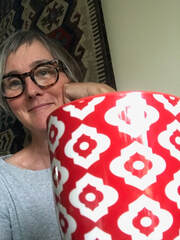
Something unique/unusual that isn't in your regular bio: “I trained for independent professional wrestling when I was forty years old. I trained for one year and had one public show. That was it. The camaraderie of the wrestlers was something I had never experienced. They were kind, crazy, wise, strong, vulnerable, and loyal. Professional wrestling requires an environment of trust. I had that there. I still feel very tender about that time and the people I worked with then, especially my trainer, J.P. Black.”
Author Contacts:
Website: https://www.llsilvers.com
Amazon Author Page: https://www.amazon.com/Laury-Silvers/e/B003ZFP3MW/ref=dp_byline_cont_ebooks_1
Twitter: @waraqamusa
Instagram: @laurylsilvers
Ally: What inspired you to write your featured book?
LS: There was so much left to say from my days as a professor of Islamic Studies and my gender-justice activism in the North American Muslim community. I was done doing academic writing. I was done writing blogs. I was done doing on the ground activism. I wanted to say, finally, what I really thought about mystics, women, sexism, love, anger, despair, joy, and the way human beings move through these realities in an imaginative way. I didn’t want to argue anymore. I wanted to create a world in which these realities were embodied in the lives of my characters.
So much can be done by inhabiting the imagination of readers. For instance, many early female saints were erased from later literature, their stories taken over by men. A woman quoted in an early text will be missing in a later text, her wisdom saying put into the mouth of a man. I wanted to recenter these women’s lives in readers’ imaginations. So all of the dialogue of my heroine’s mother is adapted from those early sayings. I wanted to explore what their lives were like. I wanted to think through what it would be like to be the child of a woman utterly consumed by God.
My dedication to The Lover sums it up: “In memory of the women, some named, but mostly unnamed, some remembered, but mostly forgotten, who lived their love of God, despite everything."
Ally: How did you get your first book or story published?
LS: I knew one publisher from my days as an academic. His imprint covers Islamic Studies, but also a fiction line that included historical mysteries. I emailed it to him, he sent it to a reader, the reader passed, and I thought....I’m getting old, I’m just going to stick this thing up on Amazon. I also knew a few people who were self-publishing who were having positive experiences. So I figured out the basics and threw it up there. It was a good decision. The more I hear about how minor authors are treated by publishers, the more I realize it is better to have done it myself.
Ally: What’s the most meaningful thing a fan has said about your book?
LS: For me, it has to be how Muslim readers say they feel seen in the work and that I am writing in a voice they recognize. As a Muslim writing stories about Muslim lives in the past, I realized I had to write directly to my community and about our concerns.
I knew my voice would limit my readership. One group of mystery readers and writers, whom I visited to discuss how I might market my first book to a broader audience, told me in a number of different ways, “No one wants to read about Muslims.” Knowing what I would have to do to my story to make it palatable to those readers who have no interest in Muslims’ humanity, I became committed to not write for them.
Of course, there is a glossary of terms, and I explain historical events in the narrative. The Lover is being used as a textbook now in Islamic Studies courses because I explain these historical moments and illustrate the time and place so well. The book is perfectly accessible to a non-Muslim audience, but it remains unaccessible to those who prefer stories about us as terrorists on their FBI TV shows.
Ally: Tell us about your reading habits. Favorite genres. Current favorites?
LS: In the mystery genre, I grew up reading police procedurals, especially forensic-based mysteries, horror, science-fiction, and my fair share of literary classics. Now, I mainly read historical mysteries or historical fiction, from literary works like Pamuk’s My Name is Red to compelling genre novels like Joyce Lionaron’s historically accurate Matthew Cordwainer series set in medieval York. Lately when I’ve gone to contemporary police procedurals, I’ve been relying on Ausma Zehanat Khan’s Getty-Khattak series, an author who has inherited the mantle of P.D. James.
Ally: Do you prefer to read standalones or series books? Is it the same for writing?
LS: Series or standalone, I just want the world and the people to feel real. I love a good plot as much as the next person, but if the plot drives the people rather than the people driving the plot, I can’t do it. The treat with a series is that you can spend more time with well-developed characters to whom you have become attached. As an author writing a series, I feel that so much. I want to be with these people and watch them fight, love, grow, and discover themselves and each other.
Ally: What is your next writing project? Anticipated release date?
LS: I am presently writing two books, the third in The Sufi Mystery series, The Unseen, and the first in the Derya Mack series, The Hissing of Rats, set in alternative medieval Muslim location and timeline. I hope to have both out by next Spring or early Summer. If all goes well--and that’s unlikely!--I’d like the first in the Derya Mack series to be out by Christmas.
Ally: Which short-answer questions did you choose to answer?
- Book you're currently reading: Black Muslim Reads, a collection of poetry, short stories, and short memoirs by Black American Muslims edited by author Layla Abdullah-Poulos (aka Lyndell Williams). There is a delightful cozy mystery in it with an amateur sleuth that I know will be a fan favourite. I’m waiting for the author, Nakia Jackson, to publish the first in what will hopefully be an endless series starring the charmingly judgmental Halima solving mysteries in her small Philadelphia neighbourhood.
- A movie you’ll always remember: “The Secret of Roan Inish” by John Sayles, and not just because I’m part-Irish, but for the way folklore is told as perfectly real. I want to live in a world in which such things are felt that deeply.
- Favorite quote: From the Qur’an: “Which of your Sustainer’s mercies would you deny?”
- Pie or cake? I do not discriminate. I’ll eat anything labeled dessert.
- If you couldn't write anymore, what would you want to do? Wow, that’s a good question. I’ve only ever wanted to write in some capacity. My father was a well-known comedian back in the day, Phil Silvers. I’ve got a real appreciation for comedy. I’d say be a happily-amateur stand-up comedian.
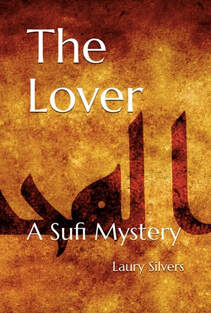
Genre: Historical Fiction, Historical Mystery
Rating: PG
Baghdad, 295 Hijri (907 CE) Zaytuna just wants to be left alone to her ascetic practices and nurse her dark view of the world. But when an impoverished servant girl she barely knows comes and begs her to bring some justice to the death of a local boy, she is forced to face the suffering of the most vulnerable in Baghdad and the emotional and mystical legacy of her mother, a famed ecstatic whose love for God eclipsed everything. The Lover is a historically sensitive mystery that introduces us to the world of medieval Baghdad and the lives of the great Sufi mystics, washerwomen, Hadith scholars, tavern owners, slaves, corpsewashers, police, and children indentured to serve in the homes of the wealthy. It asks what it means to have family when you have nearly no one left, what it takes to love and be loved by those who have stuck by you, and how one can come to love God and everything He’s done to you.
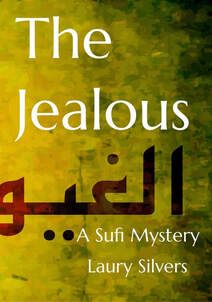
Genre: Historical Fiction, Historical Mystery
Rating: PG
Baghdad, 295 Hijri (907 CE) When a distinguished scholar dies at the Barmakid hospital in Baghdad, nearly everyone points the finger at his slave Mu’mina, as the one who called a demon to kill him. Tein, a former frontier fighter turned investigator with the Grave Crimes Section, has no time for religion, let alone jinn, and sets out to prove her innocent. But Ammar, Tein’s superior and old wartime friend, has already pushed her case before the Police Chief’s court where she’s sure to be executed or condemned to rot in the prisons built into the damp walls of Baghdad’s Round City.
With the help of his twin sister, Zaytuna, his childhood friend, Mustafa, and Zaytuna’s friend, the untamable Saliha, Tein plunges into a dangerous investigation that takes them into the world of talisman-makers and seers, houses of prostitution and gambling, and the fractious secular and religious court systems, all in an effort to turn back the tragic circumstances set in motion by Ammar’s destructive fear of a girl horribly wronged.
 RSS Feed
RSS Feed

